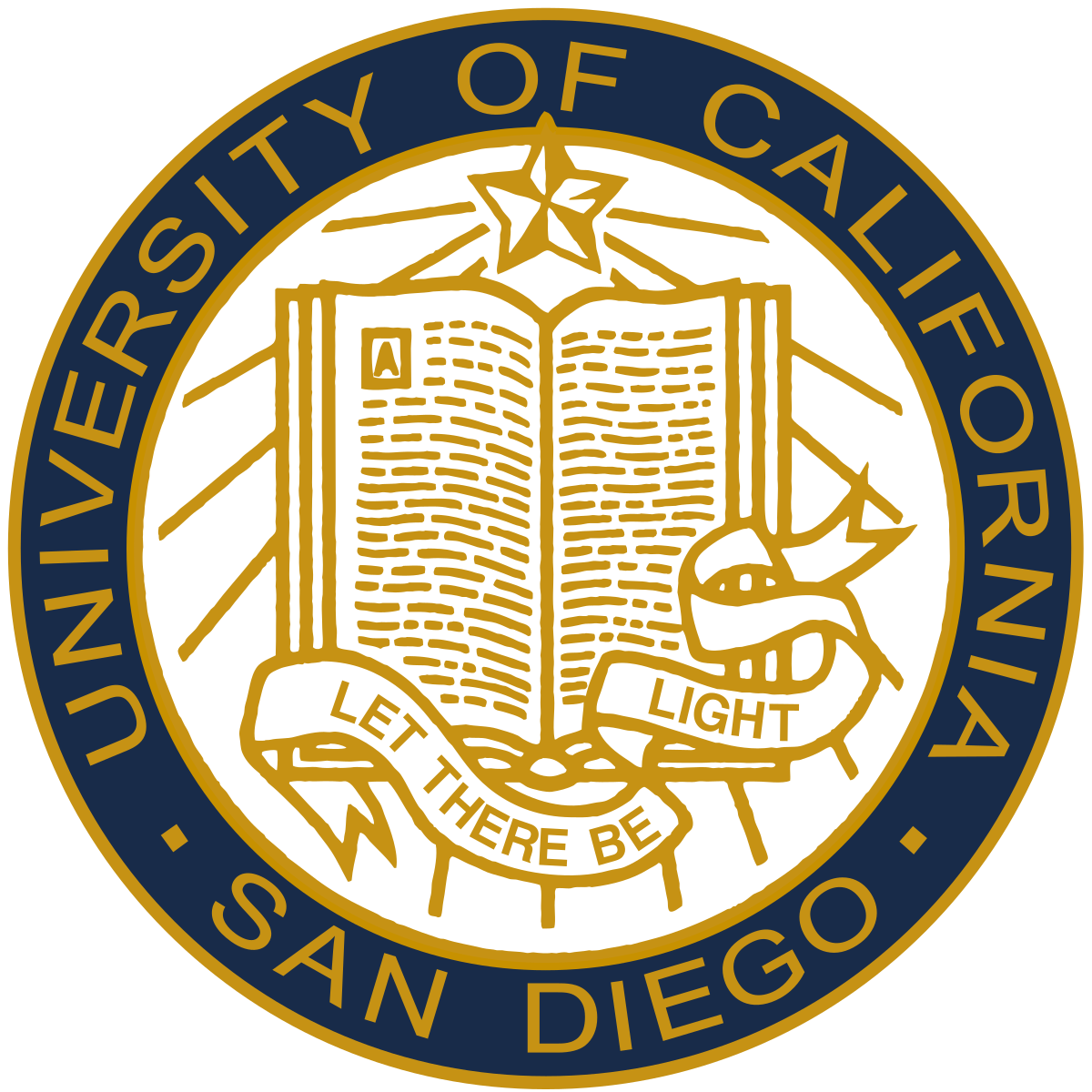UC San Diego: Four UC San Diego Faculty Members Awarded 2021 Sloan Research Fellowships
The Alfred P. Sloan Foundation has announced that 128 early career researchers, including four from the University of California San Diego, have been awarded 2021 Sloan Research Fellowships.
Awarded each year since 1955, Sloan Fellowships honor “extraordinary” researchers in the U.S. and Canada “whose creativity, innovation and research accomplishments make them stand out as the next generation of scientific leaders.”
The new Sloan Research Fellows from UC San Diego are:
Anela Choy, assistant professor of biological oceanography, who studies the structure and function of open ocean and deep-sea food webs.
Brandon Seward, assistant professor of mathematics, who studies combinatorial, geometric and entropic aspects of actions of countable groups, with a focus on the divide between amenable and non-amenable groups.
Sheng Xu, assistant professor of nanoengineering, who studies single-crystal halide perovskites that have enhanced electronic and optoelectronic properties to build next-generation solar cells, light emitting diodes and optical sensors.
Joel Yuen-Zhou, assistant professor of chemistry/biochemistry, who leads a group that develops theoretical and computational tools for polariton chemistry, a subject addressing how to use optical cavities to control molecular processes.
“Being named a Sloan Research Fellow is a remarkable achievement and I’m delighted that four of our early career faculty members were named to the 2021 list of honorees,” said UC San Diego Chancellor Pradeep K. Khosla. “From biological oceanography to mathematics, nanoengineering to chemistry, this year’s recipients truly capture the stimulating breadth of research initiatives featured across the UC San Diego campus.”
Since they were first awarded, 140 faculty from UC San Diego have received Sloan Research Fellowships. The full list of 2021 Sloan Research Fellows is available at: https://sloan.org/fellowships/2021-Fellows.
Sloan Research Fellowships are one of the most competitive and prestigious awards available to early career researchers. More than 1,000 researchers are nominated each year for 128 fellowship slots. Winners receive a two-year, $75,000 fellowship that can be spent to advance the fellow’s research. The fellowships are often seen as a marker of the quality of an institution’s science faculty and proof of an institution’s success in attracting the most promising junior researchers to its ranks.
“A Sloan Research Fellow is a rising star, plain and simple” says Adam F. Falk, president of the Alfred P. Sloan Foundation. “To receive a fellowship is to be told by the scientific community that your achievements as a young scholar are already driving the research frontier.”
Renowned physicists Richard Feynman and Murray Gell-Mann were Sloan Research Fellows, as was mathematician John Nash, one of the fathers of modern game theory. For the past three years, the recipients of the Nobel Prize in Physics have included former fellows—Andrea Ghez (2020), James Peebles (2019) and Donna Strickland (2018). Fifty-one fellows have received a Nobel Prize in their respective field, 17 have won the Fields Medal in mathematics, 69 have received the National Medal of Science and 20 have won the John Bates Clark Medal in economics, including every winner since 2007. A database of former Sloan Research Fellows can be found at https://sloan.org/past-fellows.
Fellows from the 2021 cohort are drawn from a diverse range of 58 institutions across the U.S. and Canada, from large public university systems to Ivy League institutions and small liberal arts colleges.
“It is great to see the different kinds of colleges and universities that now have Sloan Research Fellows on their faculty,” says Daniel L. Goroff, director of the Sloan Research Fellowship program. “What those institutions clearly have in common is that they are successfully attracting remarkable researchers who then thrive on their campuses.”
Open to scholars in eight scientific and technical fields—chemistry, computational and evolutionary molecular biology, computer science, Earth system science, economics, mathematics, neuroscience and physics—the Sloan Research Fellowships are awarded in close coordination with the scientific community. Candidates must be nominated by their fellow scientists and winners are selected by independent panels of senior scholars on the basis of a candidate’s research accomplishments, creativity and potential to become a leader in his or her field.

